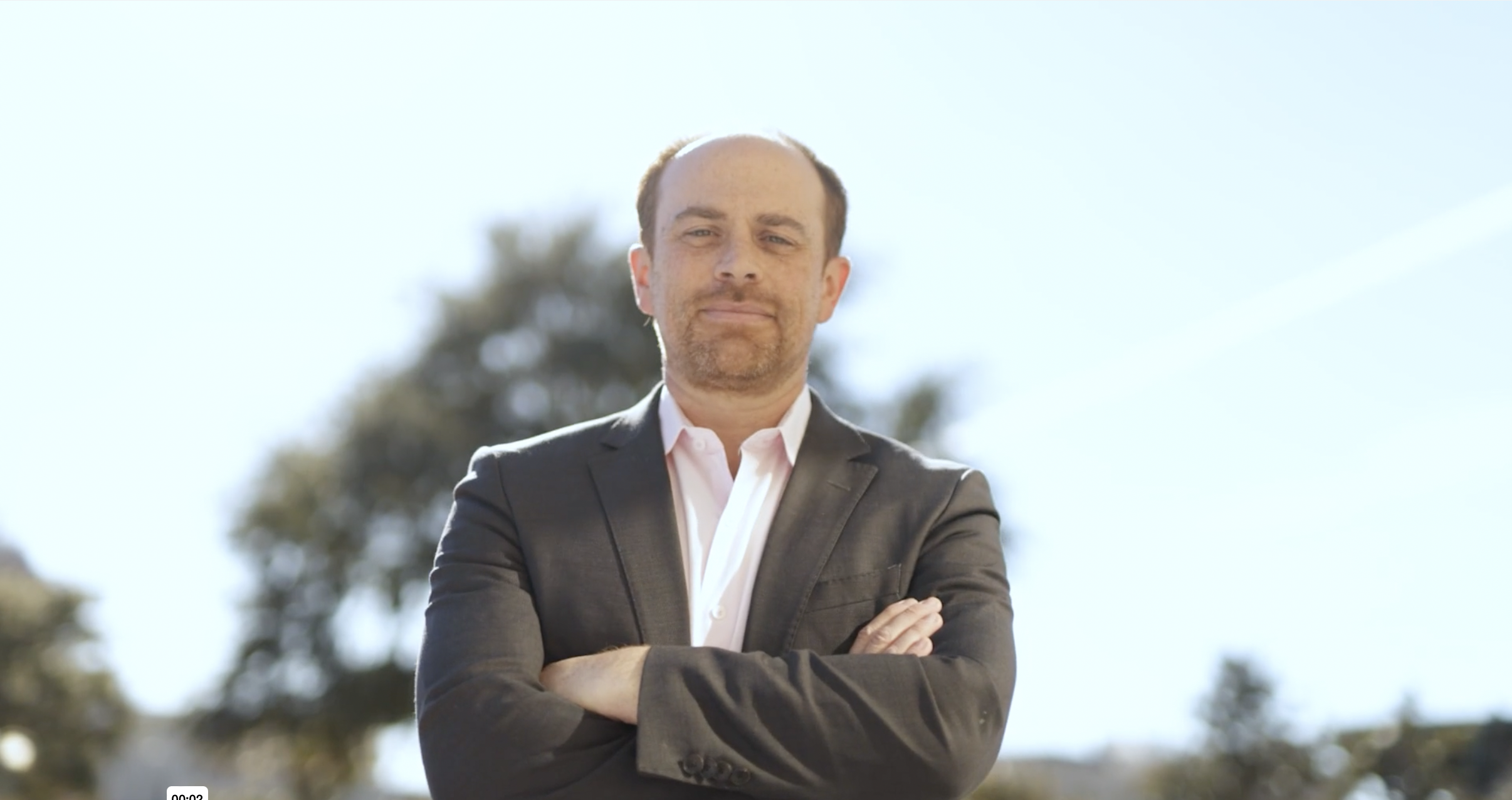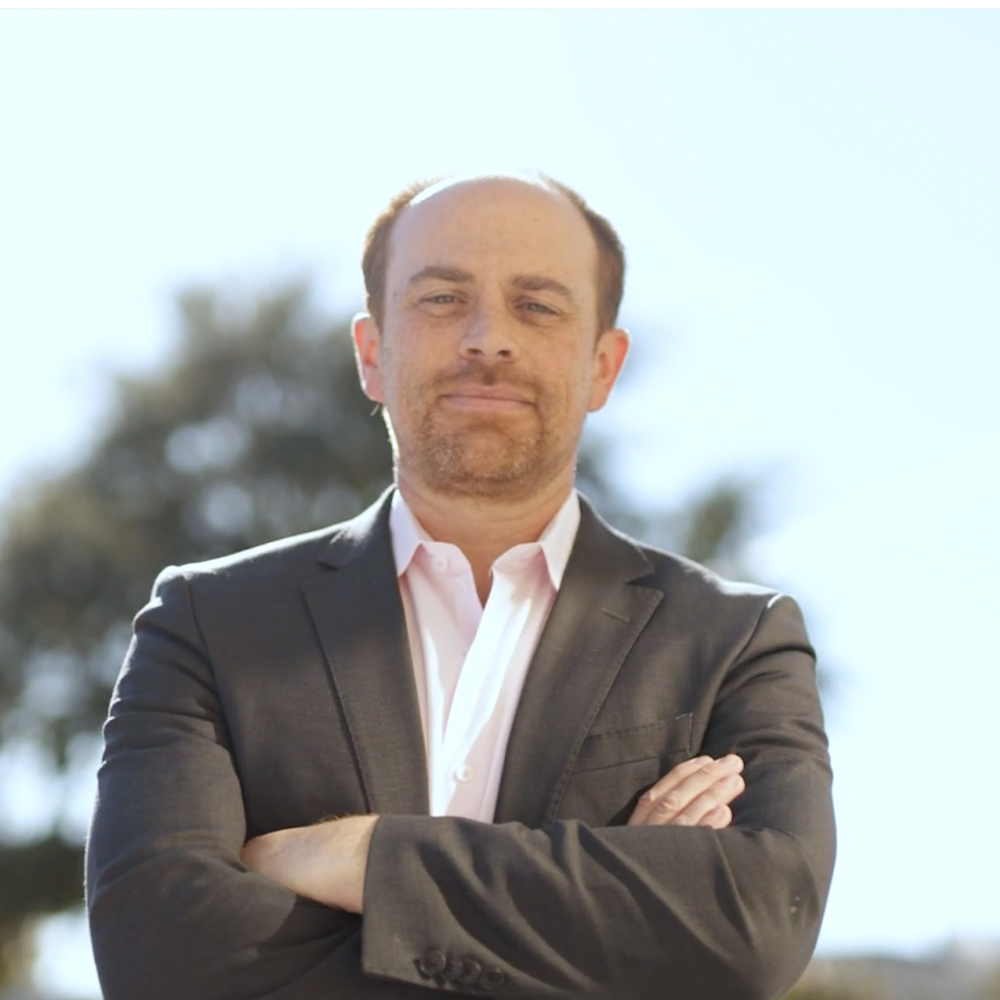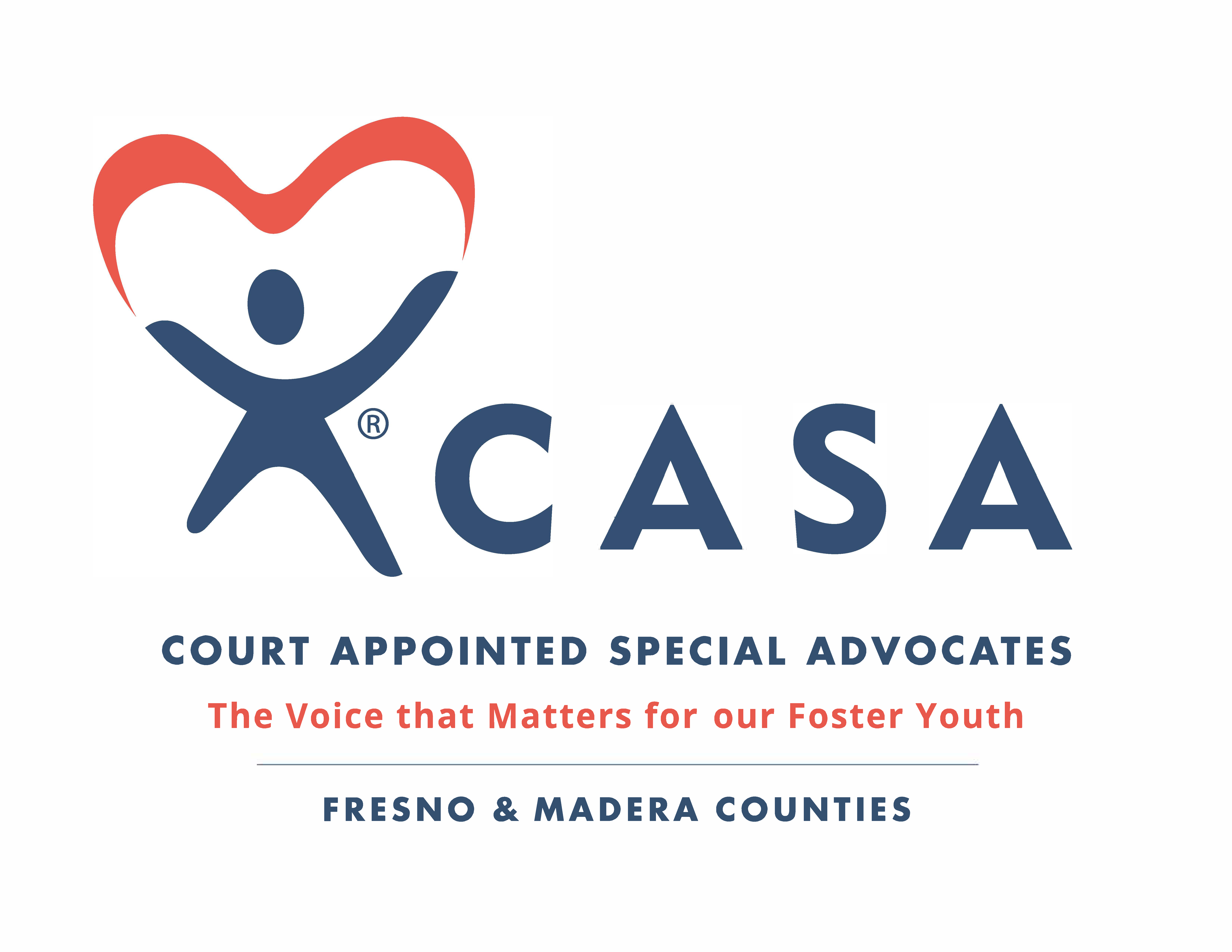As a kid, my grandmother talked often about CASA. She worked in juvenile probation and always had a concern for youth and opportunities for youth to change paths or to have more opportunities than they’ve been given in life. My grandmother’s compassion for others has always been an inspiration to me. I felt like it was a way that I could share some of my privileges or share some of the time, the precious time that I have, and try to make a difference in the life of a child in foster care.
Nick had already experienced a lot in his short life. He had lived in different foster homes and dealt with family changes, instability, and other struggles. I was worried about how our relationship would unfold and the trust we would build. The only way to build trust was to show consistency and keep showing up over time.
There are three roles you play as CASA. One is directly in the life of the child, who you work with and advocate for. The second is in court and that’s as an officer of the court; you represent the child’s best interests. The third role is where you coordinate and follow up with all the people responsible for that child’s care, including teachers, counselors, doctors, etc.
An advocate is someone who comes into a child’s life to help the youth reach his or her potential. Your role is to support the systems that have been developed for children, making those systems more successful, and helping children unlock their potential and become successful.
*The names of individuals mentioned in this story have been changed to safeguard the identities and privacy of the foster youth involved


